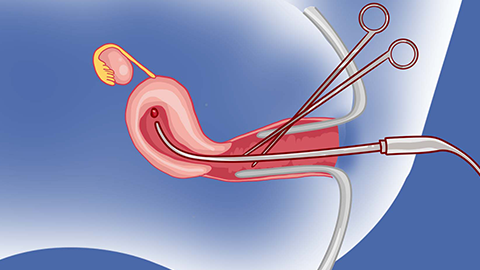How to Perform Postoperative Care After a Miscarriage
Generally, post-abortion care includes adequate rest and sleep, balanced diet and nutritional supplementation, attention to personal hygiene and cleanliness, medication and follow-up visits as prescribed, and avoiding excessive fatigue. If discomfort occurs, timely medical treatment is recommended. The details are as follows:

1. Adequate rest and sleep
After an abortion, women should ensure sufficient rest and sleep. It is recommended to rest in bed for 1-2 days, gradually increasing activity levels afterward. Activities should be gentle, such as walking or yoga.
2. Balanced diet and nutritional supplementation
The post-operative diet should consist of bland, easily digestible, and nutrient-rich foods, such as chicken, fish, eggs, legumes, vegetables, and fruits. Avoid raw, cold, spicy, greasy, or other irritating foods to reduce gastrointestinal irritation and prevent interference with recovery.
3. Attention to personal hygiene and cleanliness
After an abortion, women should maintain cleanliness of the perineal area, frequently changing underwear and sanitary pads. The external genitalia can be washed 2-3 times daily with warm water. Avoid using irritating cleansers. Tub bathing and sexual intercourse should be avoided for one month post-procedure to prevent infection.
4. Medication and follow-up visits as prescribed
After the procedure, doctors may prescribe antibiotics, anti-inflammatory drugs, and medications to promote uterine contractions, which should be taken as instructed. Additionally, an ultrasound follow-up is recommended about half a month after the procedure to assess endometrial recovery and to check for any intrauterine residue.
5. Avoid excessive fatigue
Excessive fatigue and strenuous exercise should be avoided after the procedure to prevent complications such as endometrial shedding and bleeding caused by overexertion. Also, avoid activities like swimming and soaking in hot springs that may lead to infections.
Regular gynecological examinations are recommended to detect and manage gynecological conditions promptly, thereby reducing the risk of miscarriage. Women who are not planning a pregnancy should practice contraception to avoid unintended pregnancies and the physical harm caused by abortions.





